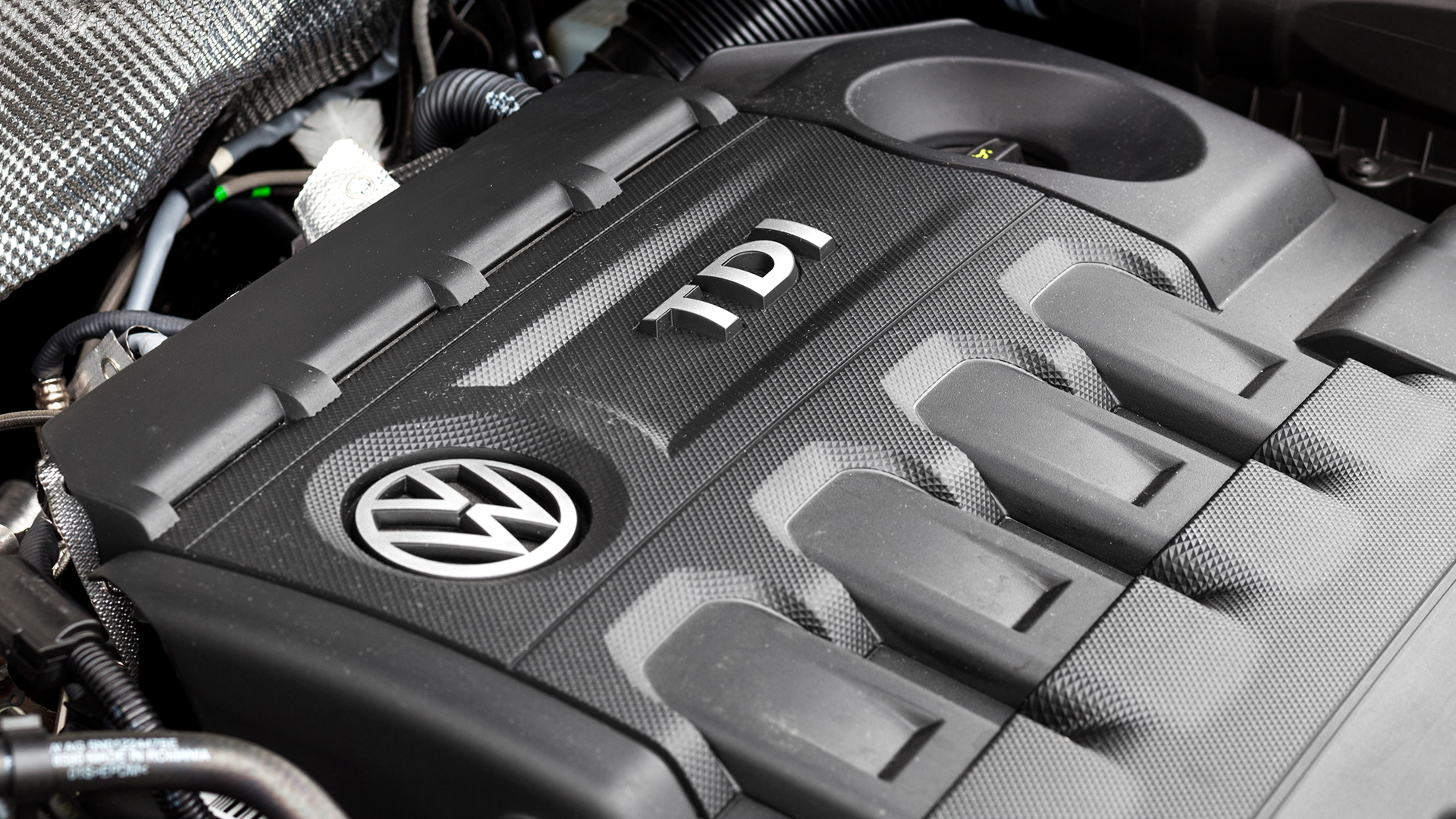

After Volkswagen was caught cheating emissions in 2015, nothing in the world of alternative fuel has been the same. In the United States, Volkswagen was barred from selling affected diesel-powered cars for quite some time, while the rest of the world began their own investigations into just what was going on in the industry. On Friday, manufacturers came to a consensus that they would effectively eat the cost of deploying a software fix in order to avoid an all-out diesel ban in many German cities.
German auto manufacturers have been working together since July 4th, 2017 in order to achieve an actionable plan ahead of a meeting scheduled with German politicians, including the German Transport Minister, on August 2nd, 2017. This plan would need to create some sort of reasonable action so that manufacturers would appease lawmakers enough to avoid an all-out ban on diesel cars in some cities including the country capital of Berlin and the auto capital of Stuttgart.
The agreement fashioned by manufacturers will cost around the industry around 100 Euros per affected car, though it will total an overall expense of just under 2 billion Euros ($2.33 billion) to remedy all issues.. It also involves the recall of 850,000 additional vehicles sold by manufacturers under the Volkswagen AG branding including Audi, Porsche. In most recalled vehicles, only emission software would require an update while other five, six, and eight-cylinder diesel engines would be replaced at no charge to the customer.
After modifications are made to engines and software, manufacturers believe that pollution will be reduced by around 20%. It is their hopes that when meeting with the German Transportation Minister next month, this will be enough to avoid an outright ban in popular cities.
The scare by the German government to ban diesel cars from cities is no surprise, as some European countries, Germany included, have set a end-of-life timeline for the internal combustion engine altogether. France recently joined Germany in this aspect, announcing a country-wide ban that would begin in 2040. Even Porsche has considered leaving its diesel lineup in the dust in favor of electric, a bold stance which Volvo had taken months prior. Automakers will need to continue to appease regulations to prolong the relevance of their powertrains in many progressive cities and countries.